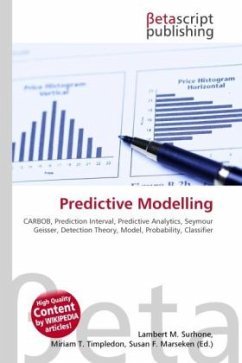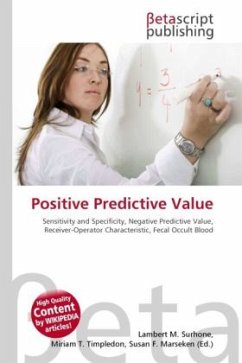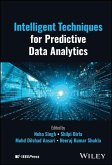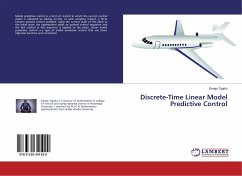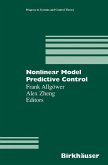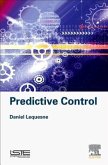High Quality Content by WIKIPEDIA articles! Predictive modelling is the process by which a model is created or chosen to try to best predict the probability of an outcome. In many cases the model is chosen on the basis of detection theory to try to guess the probability of a signal given a set amount of input data, for example given an email determining how likely that it is spam. Models can use one or more classifiers in trying to determine the probability of a set of data belonging to another set, say spam or 'ham'. Logistic regression is a technique in which unknown values of a discrete variable are predicted based on known values of one or more continuous and/or discrete variables. Logistic regression differs from OLS regression in that the dependent variable is binary in nature. This procedure has many applications. In biostatistics, the researcher may be interested in trying to model the probability of a patient being diagnosed with a certain type of cancer based on knowing, say, the incidence of that cancer in his or her family.
Bitte wählen Sie Ihr Anliegen aus.
Rechnungen
Retourenschein anfordern
Bestellstatus
Storno

